Researchers have corrected a 2002 study published in the journal Nature, which investigated the role of IKK2 in TNF-mediated inflammatory skin disease in mice. The correction, made in response to a comment on Pubpeer, reveals that a figure preparation error led to the duplication of bands for IKK2 in spleen extracts, which were mistakenly attributed to IKK1 in mouse embryonic fibroblasts (MEFs).
According to the correction, the researchers, Martin Hafner, Marc Schmidt-Supprian, and Klaus Rajewsky, of the Institute for Genetics at the University of Cologne, Germany, had inadvertently duplicated the bands for IKK2 in spleen extracts, which appeared as bands for IKK1 in MEFs due to a figure preparation error. The correction was made possible by checking the original raw data files.
The original study, published on June 20, 2002, had investigated the role of IKK2 in TNF-mediated inflammatory skin disease in mice with epidermis-specific deletion of IKK2. The researchers had found that the deletion of IKK2 led to a significant reduction in inflammation and skin lesions in mice. However, the correction highlights the importance of verifying data and figures in scientific research.
Dr. Manolis Pasparakis, a researcher at the Institute for Genetics, University of Cologne, Germany, acknowledged the mistake and emphasized the importance of transparency in scientific research. "We take full responsibility for the error and appreciate the diligence of the researcher who brought it to our attention," he said. "This correction highlights the importance of verifying data and figures in scientific research and ensures the integrity of our findings."
The correction has no impact on the overall conclusions of the study, which remains an important contribution to the understanding of IKK2's role in inflammatory skin disease. The study's findings have implications for the development of new treatments for inflammatory skin diseases, such as psoriasis and eczema.
The correction is a reminder of the importance of peer review and the need for researchers to verify their data and figures before publication. It also highlights the importance of transparency and accountability in scientific research. As Dr. Pasparakis noted, "We are committed to maintaining the highest standards of scientific integrity and ensuring the accuracy of our research findings."



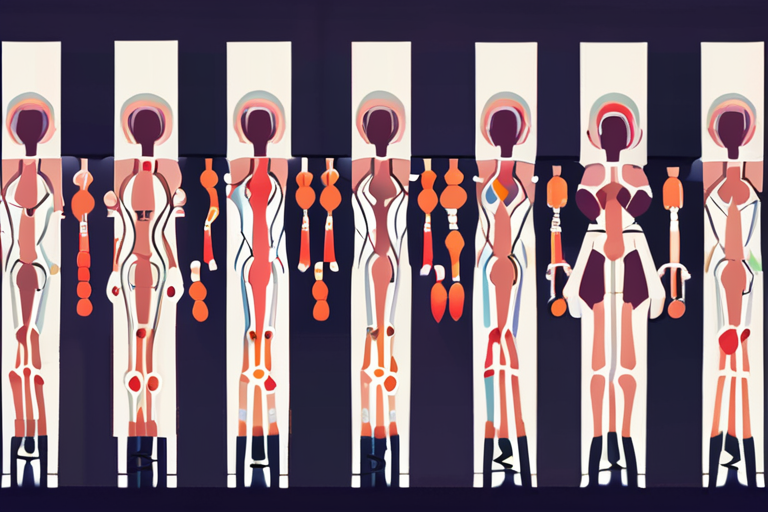
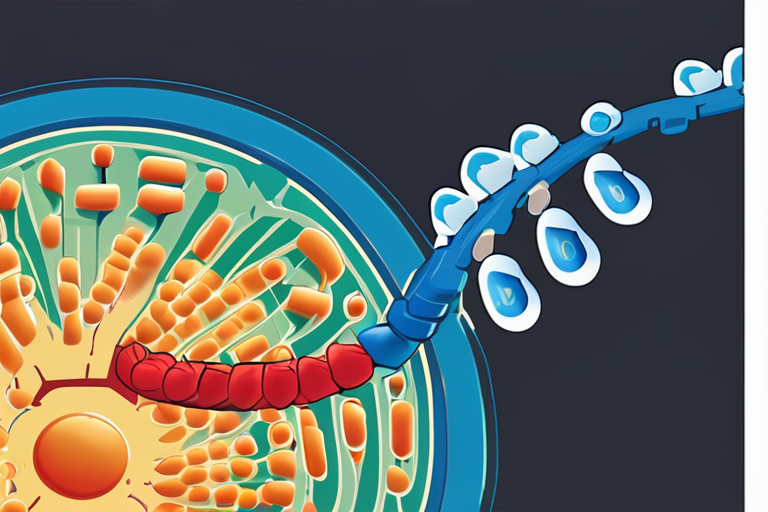
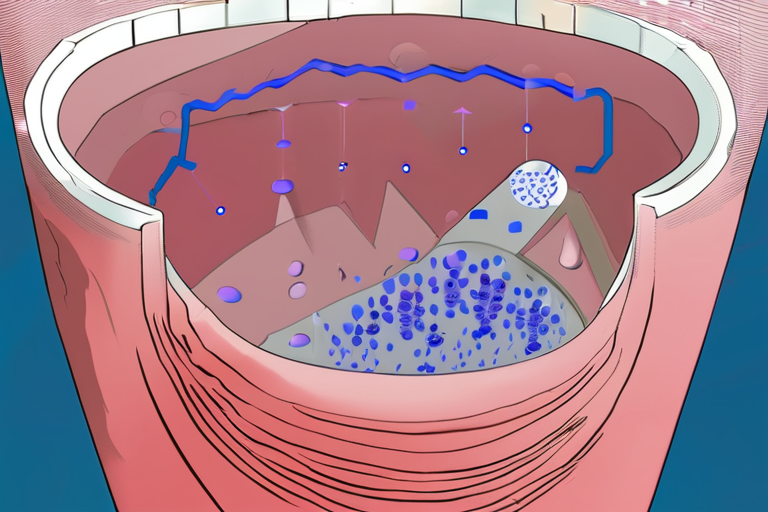
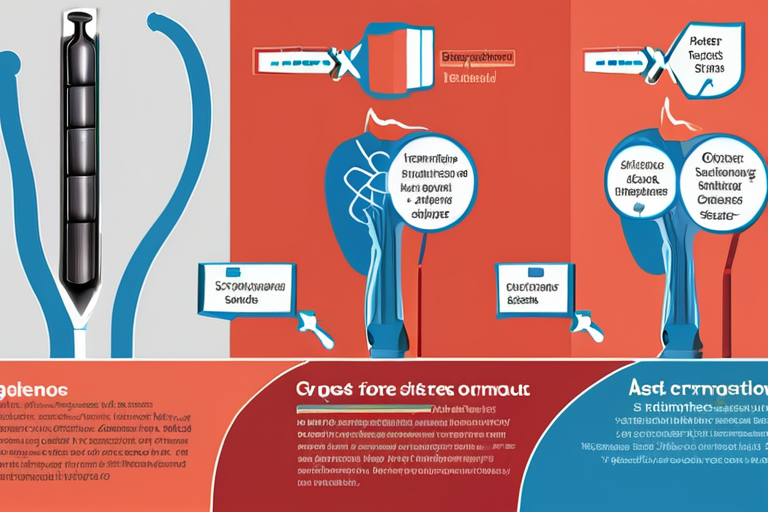





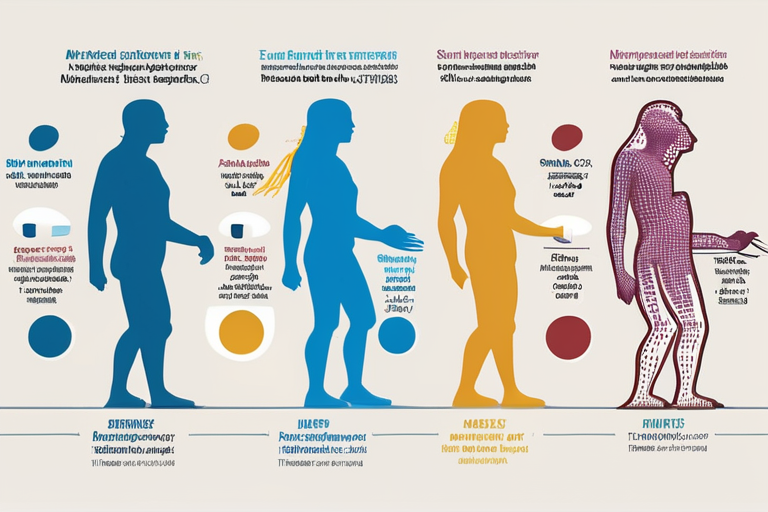
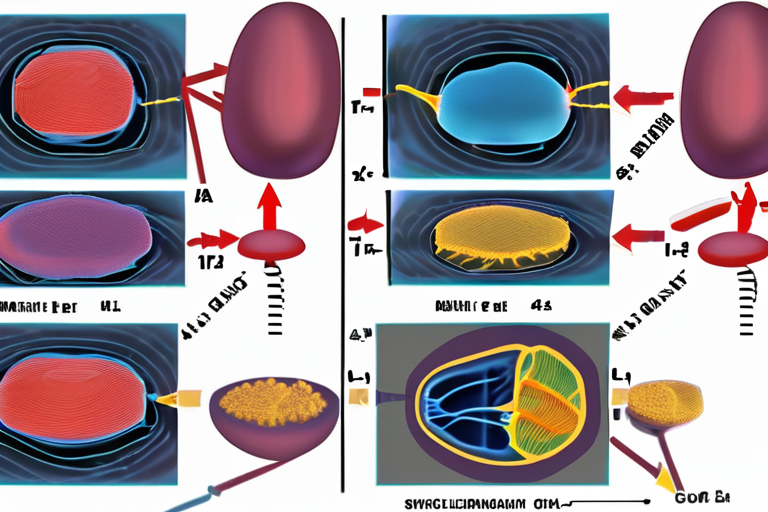
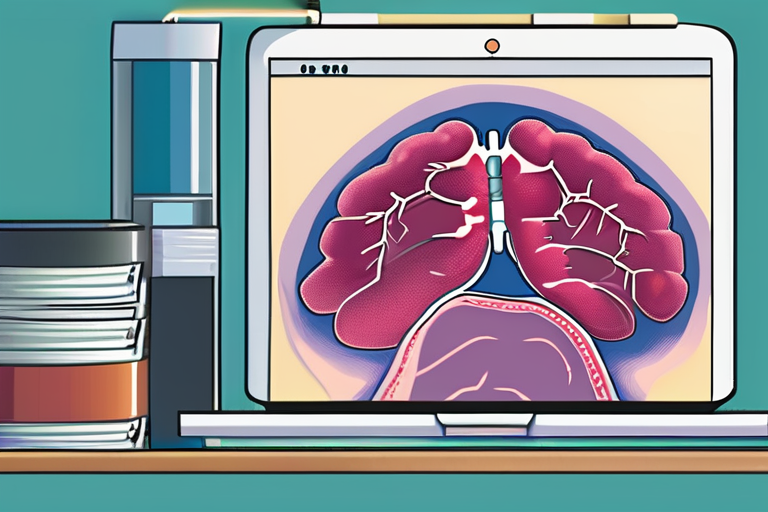


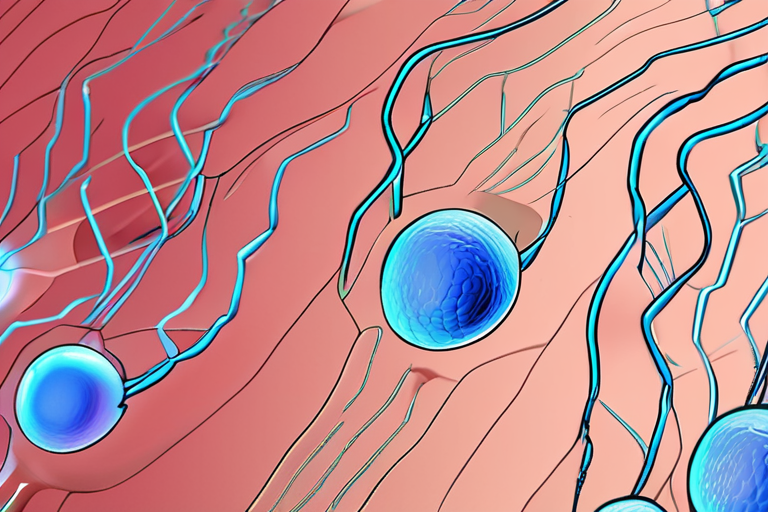

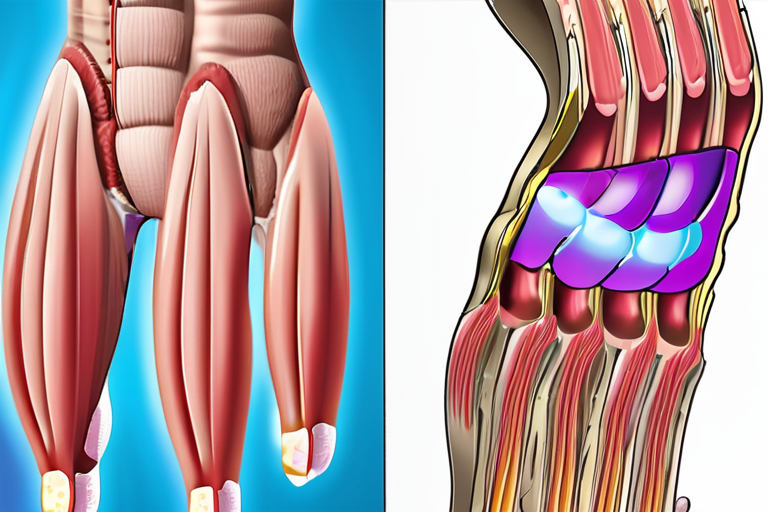
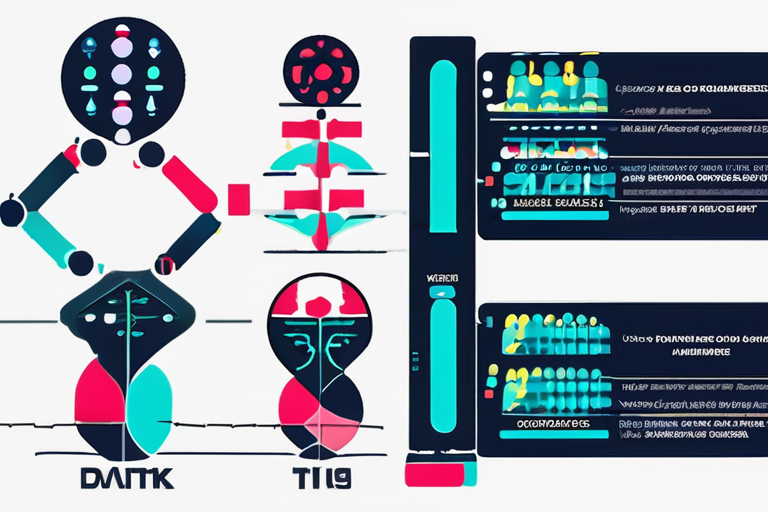




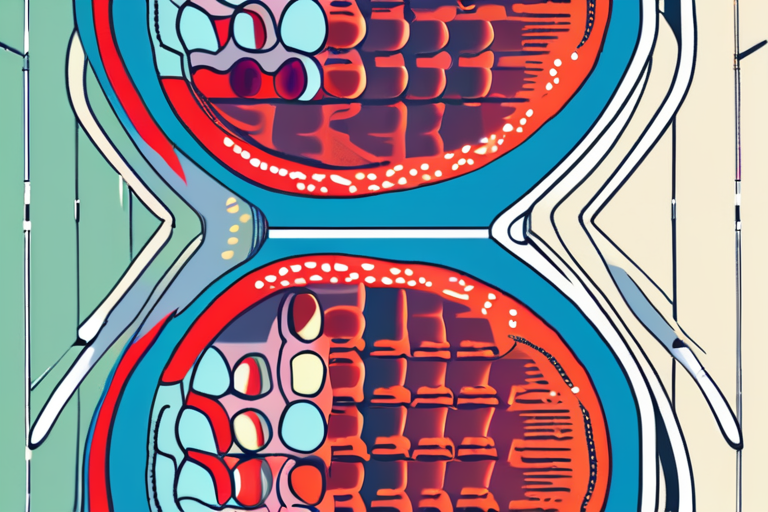
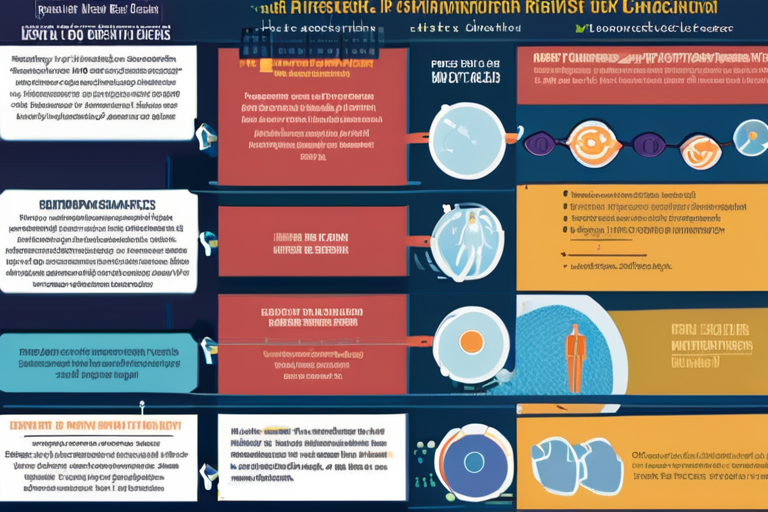
Share & Engage Share
Share this article